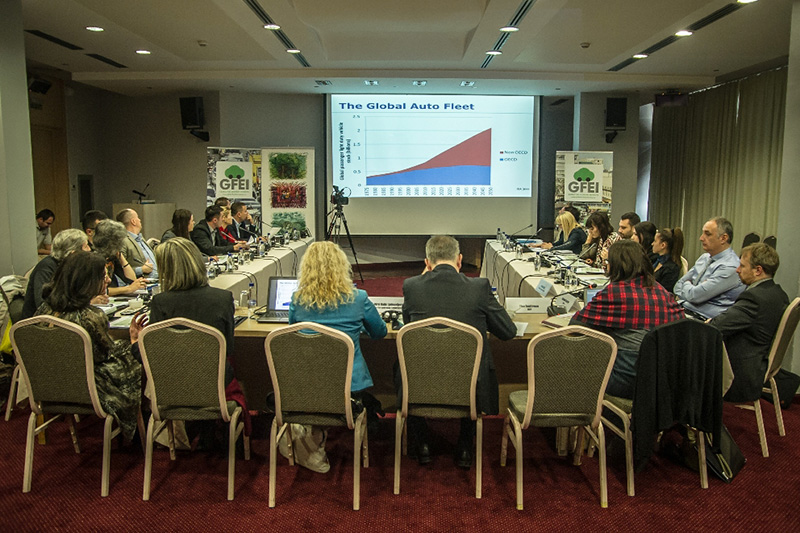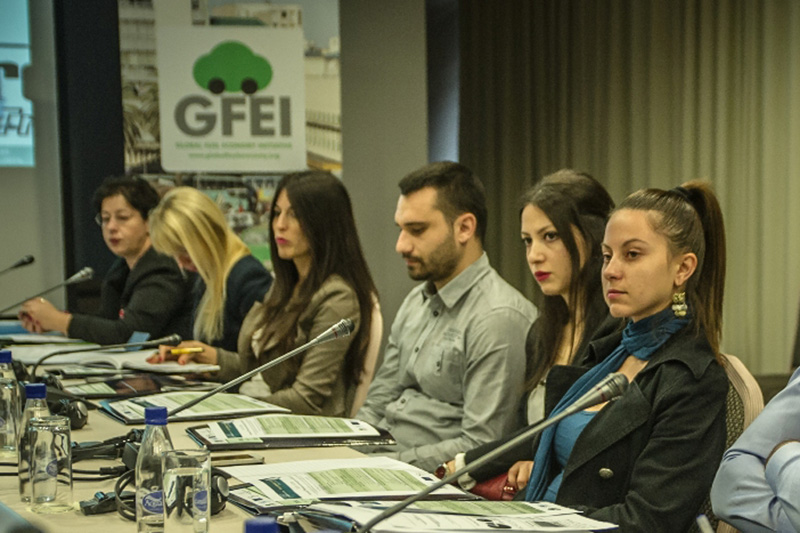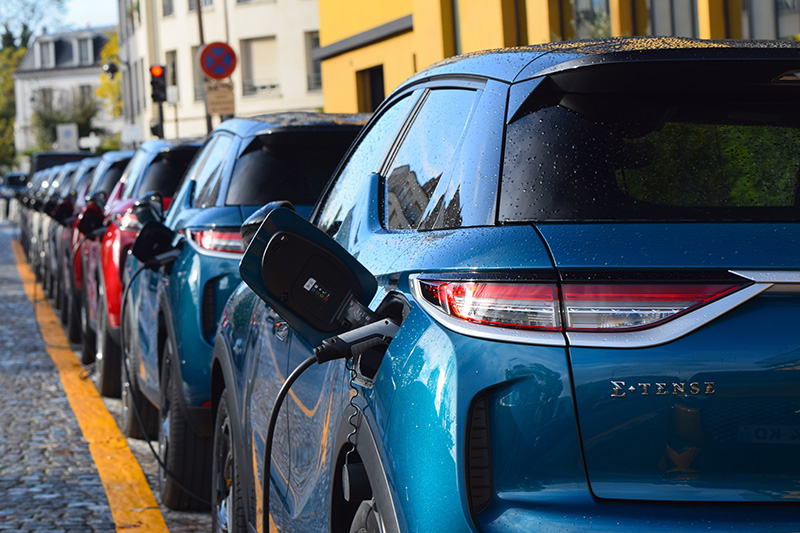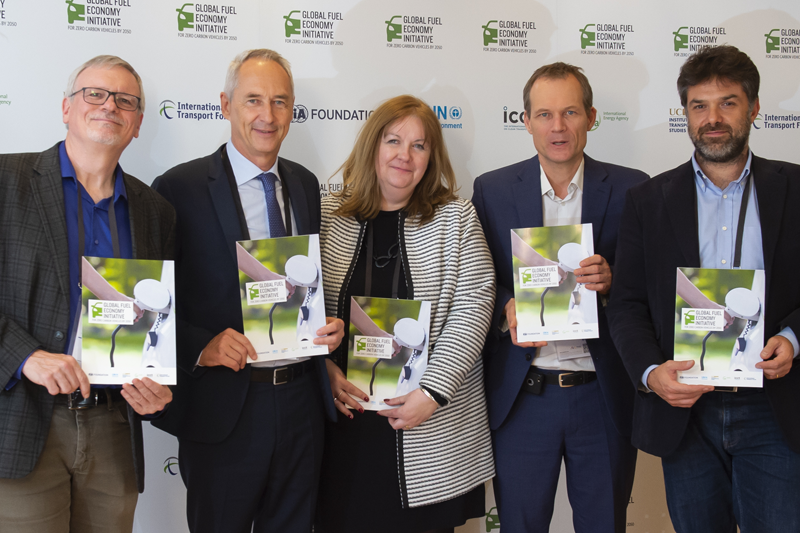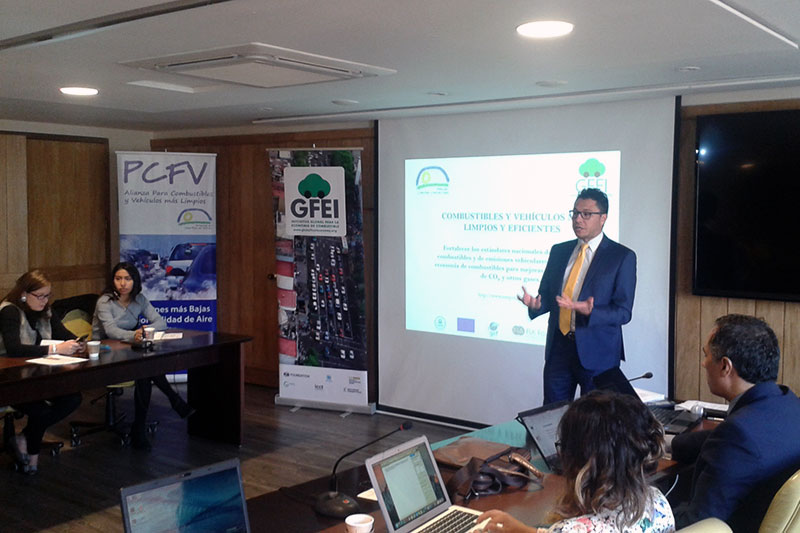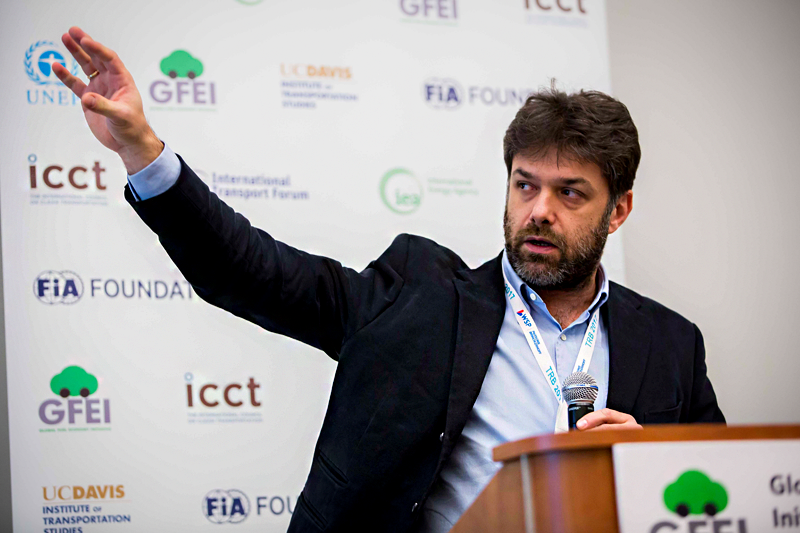Improving fuel economy in Montenegro
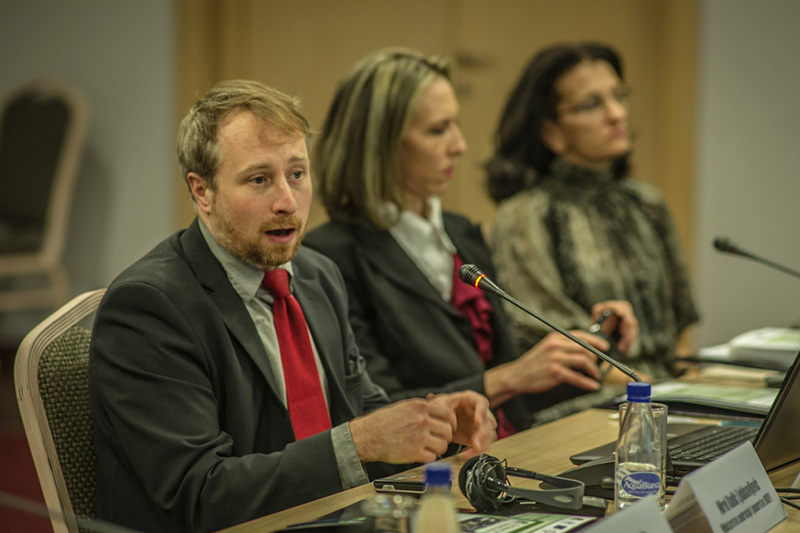
On 20th November 2015, the opening conference of the ‘Fuel Economy in Montenegro’ project met in Podgorica, Montenegro.
The Conference was organized and hosted by Regional Environmental Centre for Central and Eastern Europe (REC), REC Country Office Montenegro. Supported by UNEP and GFEI partners, REC Montenegro is implementing the Project in Montenegro, in cooperation with relevant Montenegrin Ministries – Ministry of Sustainable Development and Tourism, Ministry of Transport and Maritime Affairs, Ministry of Economy and Ministry of Interior.
The project aims to create an enabling environment that will lead to development and implementation of a national fuel economy policy in Montenegro within the framework of the Global Fuel Economy Initiative and in line with the Global Environment Facility (GEF) ‘Stabilizing Greenhouse Gas Emissions from Road Transport through Doubling of Global Vehicle Fuel Economy: Regional Implementation of GFEI’ project.
High Ministry representatives from the Ministry of Transport and Maritime Affairs and Environmental Protection Agency of Montenegro honoured the Conference with their opening speeches. The conference was also attended by Non-Governmental Organizations, the Chamber of Commerce of Montenegro, Custom Directorate of Montenegro, and leading fuel importers, in order to bring the relevant stakeholders together to identify key inputs for addressing the fuel economy. UNEP and Alex Koerner, independent expert, provided thorough insight into the main challenges of vehicle database creation as well into the possible fuel economy instruments.
The Conference resulted in recommendations on how make Montenegro one of the leading countries in the region for fuel economy policies. A new LDV database in accordance with GFEI methodology will provide solid base for deriving realistic projections useful for creating desired fuel economy policy which will be set in accordance with Montenegrin accession path toward EU, and thus contribute to reduction of CO2 emissions from road transport as well as help in harmonizing Montenegrin legislation and trends with EU requirements.
